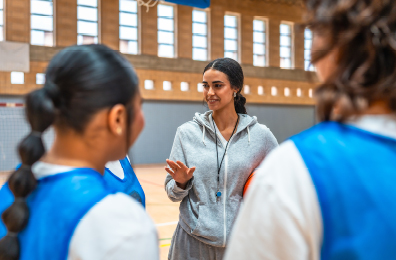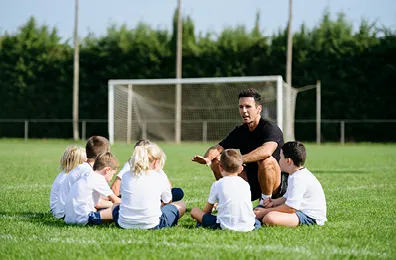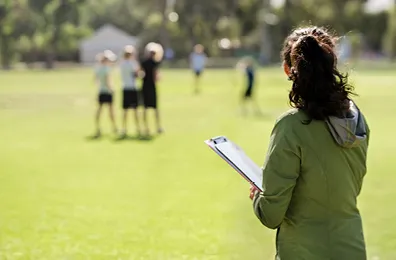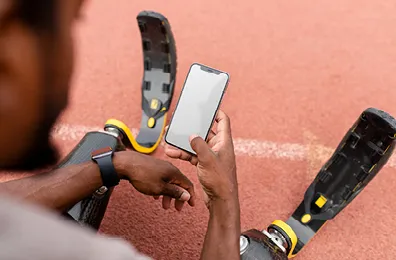Part of the Do's and don'ts series – how to keep children and young people safe in sport.
If you are a person in a position of authority, you must set-up and maintain professional boundaries (both in-person and online) when working with children and young people who are involved in sport.
Professional boundaries help keep relationships between you and children or young people strictly professional. They prevent relationships from becoming personal, harmful or exploitative to the child, young person or their family.
Always act in the scope of your role, as outlined in your position description or contract, when working with children and young people who are involved in your sport.
Watch the professional boundaries video
Do
- Treat all children and young people equally, regardless of their gender, culture, race or disability.
- Try to be identifiable (uniform or name badge) in your official role when delivering programs or activities.
- Ensure interactions with children and young people are focused on learning and development and relevant to the sport.
- Model professional physical and emotional boundaries.
- Be respectful to the child and young person’s needs or concerns and respond appropriately.
- Engage with children and young people in a manner that would be seen by a reasonable observer as maintaining reasonable boundaries.
The following applies to a person in a position of authority, unless they are also an approved person.
If you become aware of a situation in which a child or young person requires assistance that is beyond the scope of your role, you should seek advice from your sporting club who will advise on the most appropriate next steps.
Don't
- Provide any form of support to a child or young person or their family unrelated to the scope of your role, where there is no existing social, personal, or family relationship (for example, financial assistance, babysitting, provide accommodation).
- Transport a child or young person unless specifically approved.
- Engage in social activities outside the scope of your role, such as watching a child or young person participate in another sporting activity, playing virtual video games together or attending their birthday party.
- Use your personal phone, camera or video camera to take images or video footage of children or young people.
- Develop any special relationships with children or young people that could be seen as ‘favouritism’.
- Wear your uniform or name badge when not undertaking an official role.
- Give out personal gifts or special favours to a child or young person other than the provision of official awards.
- Confide in, or share overly personal information with a child or young person (for example, sharing financial or relationship problems).
- Ask or infer that a child or young person keep secrets, such as asking them not to tell their parent or carer when you have communicated with them.
- Treat the child or young person as an ‘adult’ under guise of maturity.
- Create an emotional dependency between yourself and the child or young person (for example, isolating the child or young person from their teammates, staff, parents or carers by ‘pitting the child or young person against their teammates’).



